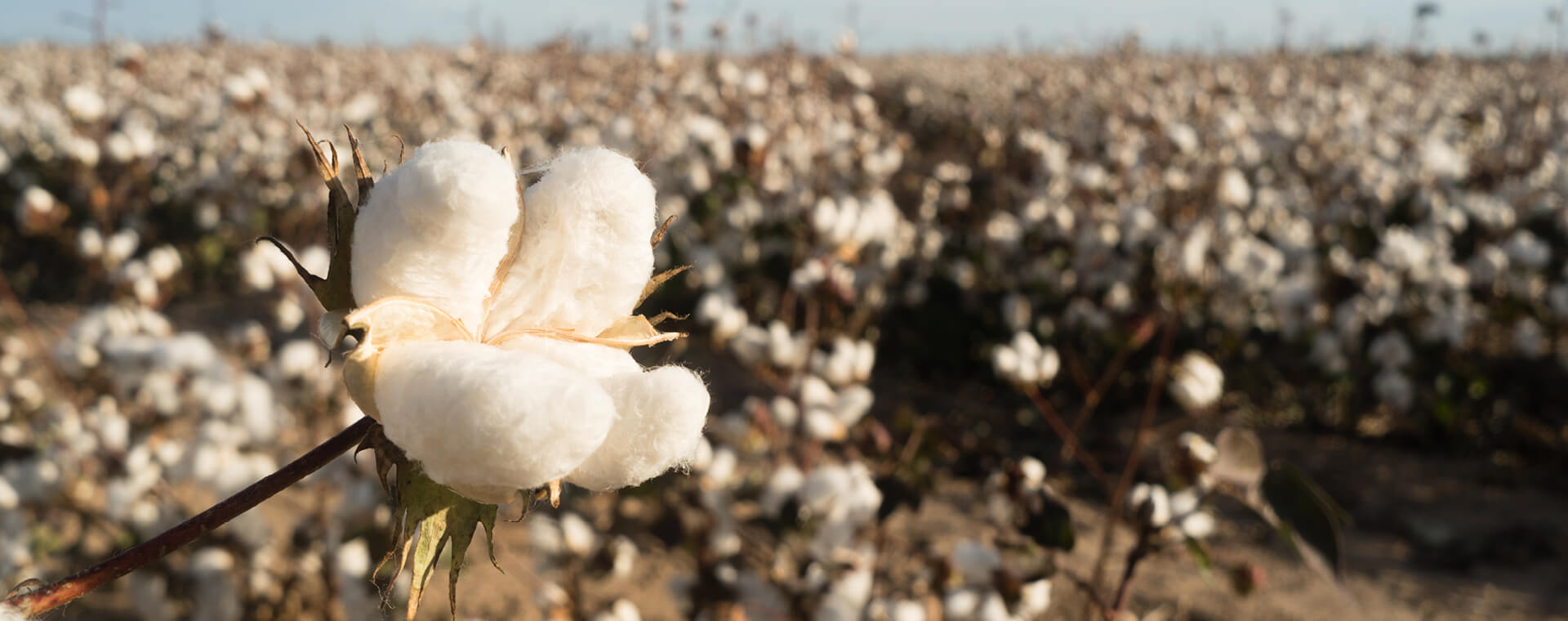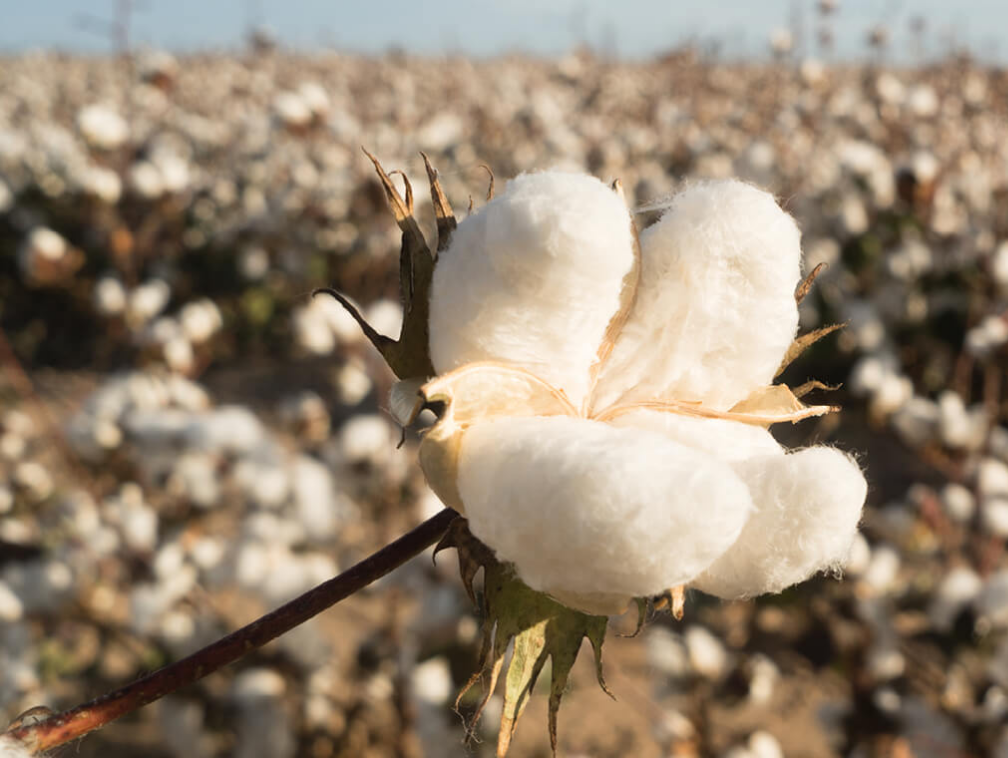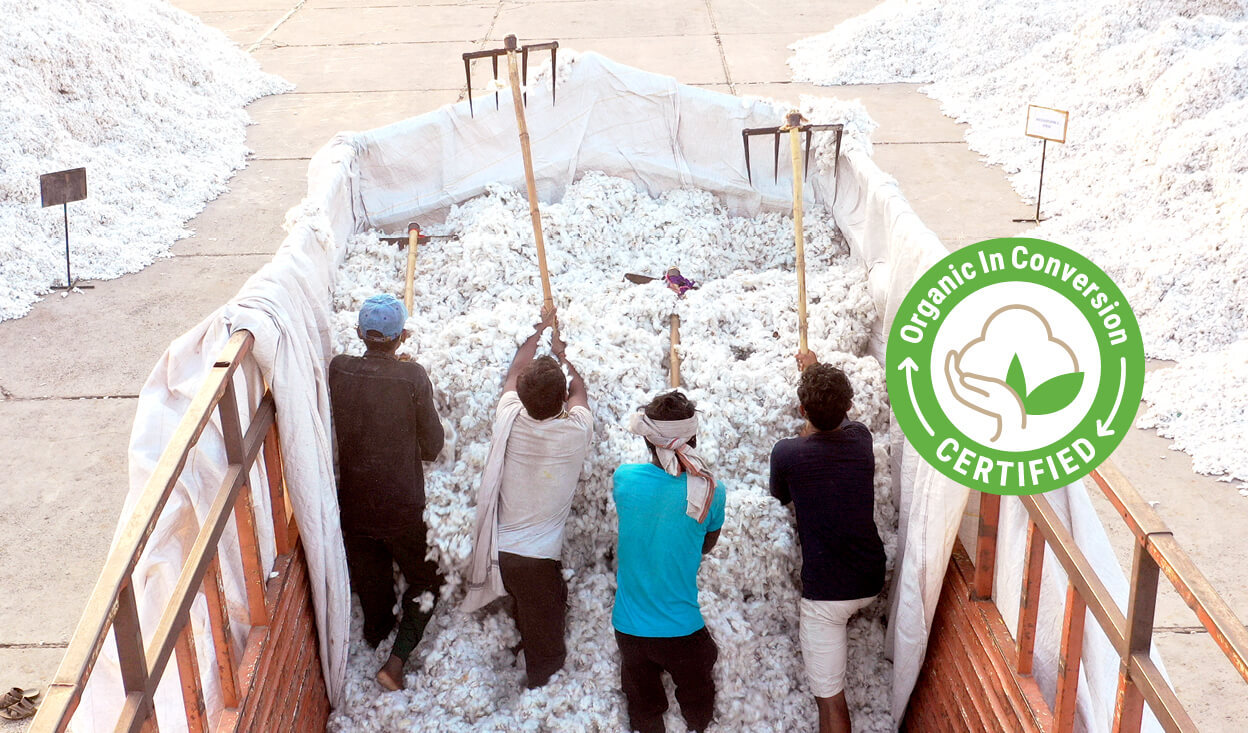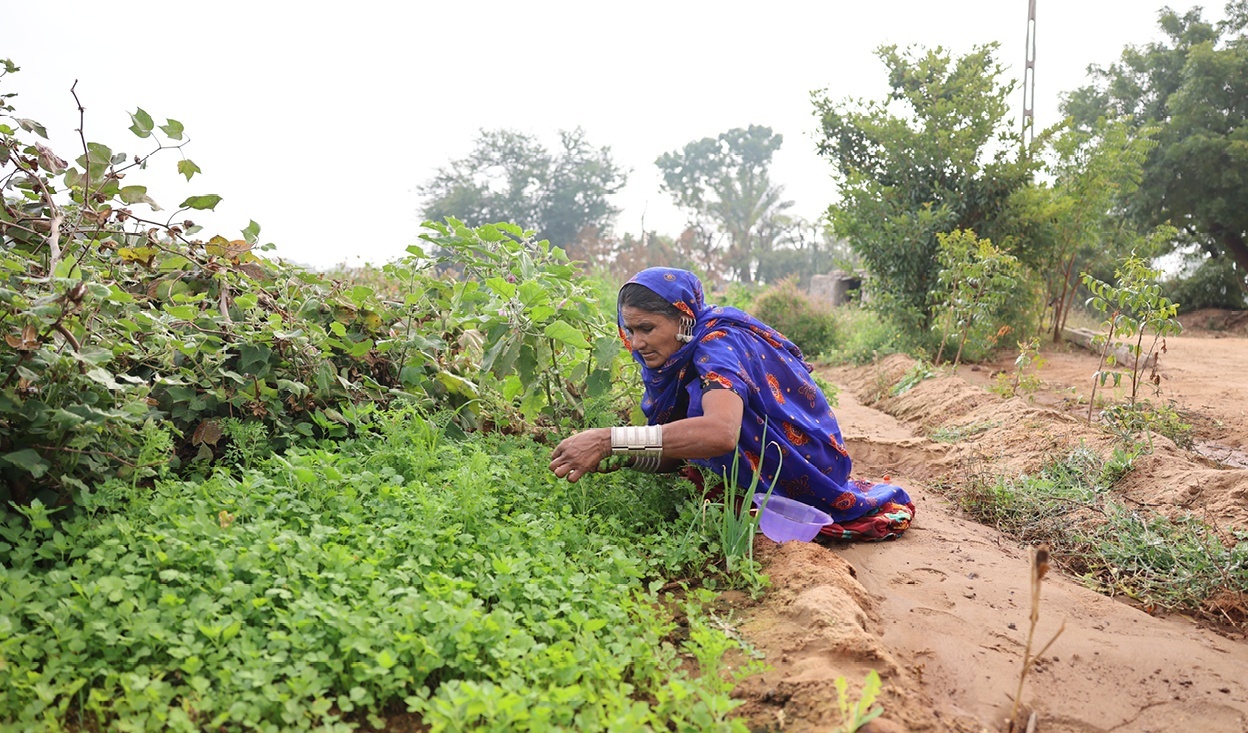

THE WORLD NEEDS MORE ORGANIC FARMING
More organic cotton, please. That’s what the world needs, and that’s what we want at B&C. A hearty supply of organic cotton translates to a healthier planet and better social conditions for farmers. And we believe our best chance of securing that is by supporting organic in conversion cotton, the fibre grown by farmers transitioning from conventional to organic farming.
For years, the supply of organic cotton has been languishing below 1% of global cotton production. It can hardly go any higher because annual provisions are sourced mainly from small-scale farmers who don’t have enough resources to expand their business.
For now, the surest way to boost the supply of organic cotton is to get more conventional farmers to take up organic farming. If only it were that easy.

THE LONG AND WINDING ROAD TO ORGANIC FARMING
Farmers must be certified to sell organic cotton. And the process for obtaining organic certification is as complex as they come.
According to international regulations, cotton fields must have zero chemical or GMOs input for three straight years before being declared 100% organic. And yet pesticides and synthetic fertilisers are totally forbidden from the moment a farmer crosses over to organic territory. For the soil, that’s like going through chemical purification. After years of depending on chemical substances, it experiences withdrawal symptoms and yields less than it used to.
To make things worse, organic in conversion cotton cannot be sold for the same price as organic certified cotton that is more expensive . The farmer incurs the steep costs of organic farming without earning the same profit for delivering better and more sustainable cotton.
ORGANIC IN CONVERSION COTTON IS THE WAY TO GO
Farmers need our help to survive the pains of transitioning to organic farming. And we all need to secure our supply of sustainable cotton. Supporting transitioning farmers by adding a price differential over conventional cotton is the only way to make this happen.
If converting to organic production proves lucrative and rewarding enough, more cotton farmers will find the courage and motivation to give up GMO and chemical farming in favour of more sustainable agriculture. And if the world gains organic farmers, not only will the earth be better off, we will also greatly increase the amount of organic cotton available.
